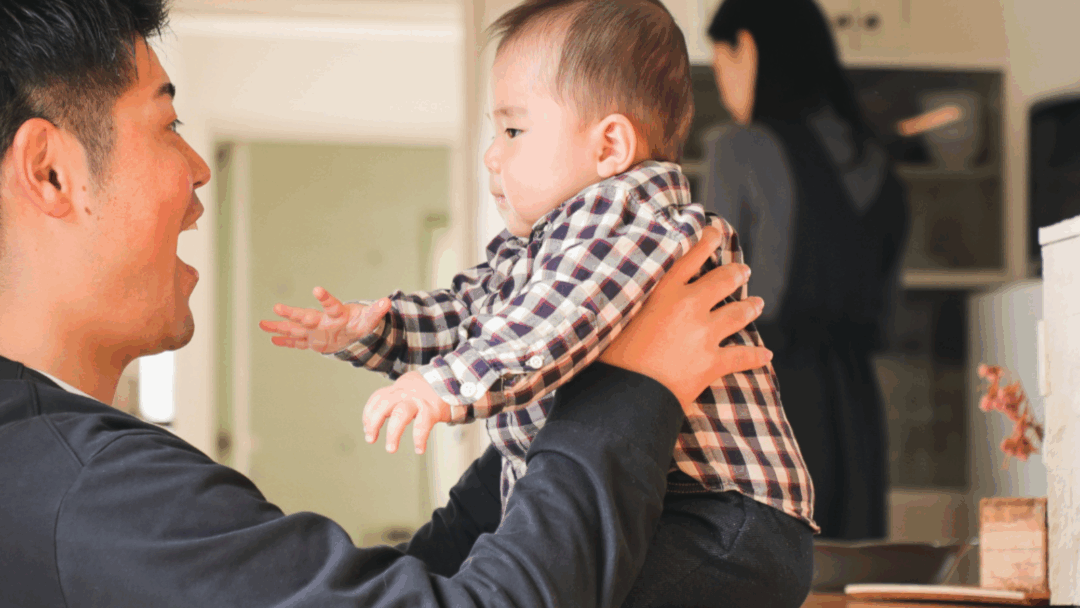If I had a dollar for every time I heard a mum tell me their ex refers to looking after their children as “babysitting”… well, let’s just say I’d be writing this blog from a beach in Fiji. Here’s the thing: it’s not babysitting if it’s your child. Babysitting is when a neighbour’s teenager watches your kids while you go out. Babysitting is when Grandma offers to have them for the afternoon. Babysitting is a job you do for someone else. Parenting is what you do for your child.
Yet, so often, I hear mums telling me their ex calls it “babysitting” when he has the kids – sometimes even when it’s his scheduled time. And I get it, it can make your blood boil 🤯. Because words matter. And the language we use around parenting reflects the mindset we have about it.

Why It Matters
When a parent calls time with their own child “babysitting,” it frames it as an optional favour rather than a responsibility and privilege. It implies:
-
This isn’t really my role.
-
I’m doing something extra. I’m helping you do YOUR job!
-
You (mum) owe me for this.
For single mums – especially those navigating co-parenting after divorce – this language can be a subtle way of shifting responsibility back onto you, even when the legal and moral responsibility is shared. And the danger is, over time, you start to feel like you are the “default parent”. Everything is your responsibility. And he is the “helper.”
You’re not the default. You’re both parents.

Setting the Record Straight
I remember my ex yelling at me one day that it wasn’t his job to babysit while I went out. I hadn’t been out in a year, and he had come from interstate to visit his daughter. It was the whole reason he was there, AND he was staying at my house. “You mean parenting?” I calmly replied.
By simply reframing the language, I reminded him (and myself) that this isn’t a job he picks up and puts down when it’s convenient. It’s fatherhood.
When you hear it, you can:
-
Correct it with humour. “Oh, you mean parenting? Great, glad we’re on the same page.”
-
Stand firm. “It’s not babysitting. It’s your time with the kids.”
-
Protect your boundaries. If it’s his parenting time, you don’t need to reorganise your life because he’s treating it like optional overtime.

For the Mums Feeling the Weight
If you’re reading this and thinking, “But that’s exactly what happens in my co-parenting arrangement”, please know you’re not alone. Many of us have been there, and it’s not about shaming dads. It’s about shifting the mindset around shared parenting responsibilities.
You deserve to have a co-parent who recognises that their time with your child isn’t a chore or an act of charity – it’s part of the job they signed up for the moment they became a parent.
And if that’s not your current reality, you still get to hold your boundaries, value your own time, and make sure you’re not carrying 120% of the load while someone else calls the occasional 10% “helping out.”
Bottom line: It’s not babysitting if it’s your child. Parenting isn’t babysitting. Let’s stop calling it that and start expecting (and modelling) shared responsibility.
You are not the only parent. And you, my friend, deserve to feel supported, respected, and free to have your own life outside of motherhood.
P.S. DID YOU KNOW?
Thrive Tribe – the global membership experience for single mothers – will be opening again very soon! Join the waitlist here.
PLUS You can book one-on-one coaching with Julia Hasche from wherever you are in the world!
- Do you need clarity on whether you should leave your partner or not?
- Have you just parted ways with your partner, and feeling lost?
- Have you been single for a little while now and need assistance with getting your life back on track and feeling empowered?
Click HERE to read about coaching and to hear from some others who have gone through coaching programs with Julia, and book in here for your 30-minute complimentary Clarity Call.
The purpose of the Clarity Call is:
- For me to get to know you and understand an overview of your current situation and where you are at.
- For us to establish what you need assistance with to move forward.
- To see if we are both comfortable working together.

Know someone who needs to read this? Share it with them via the links below.
